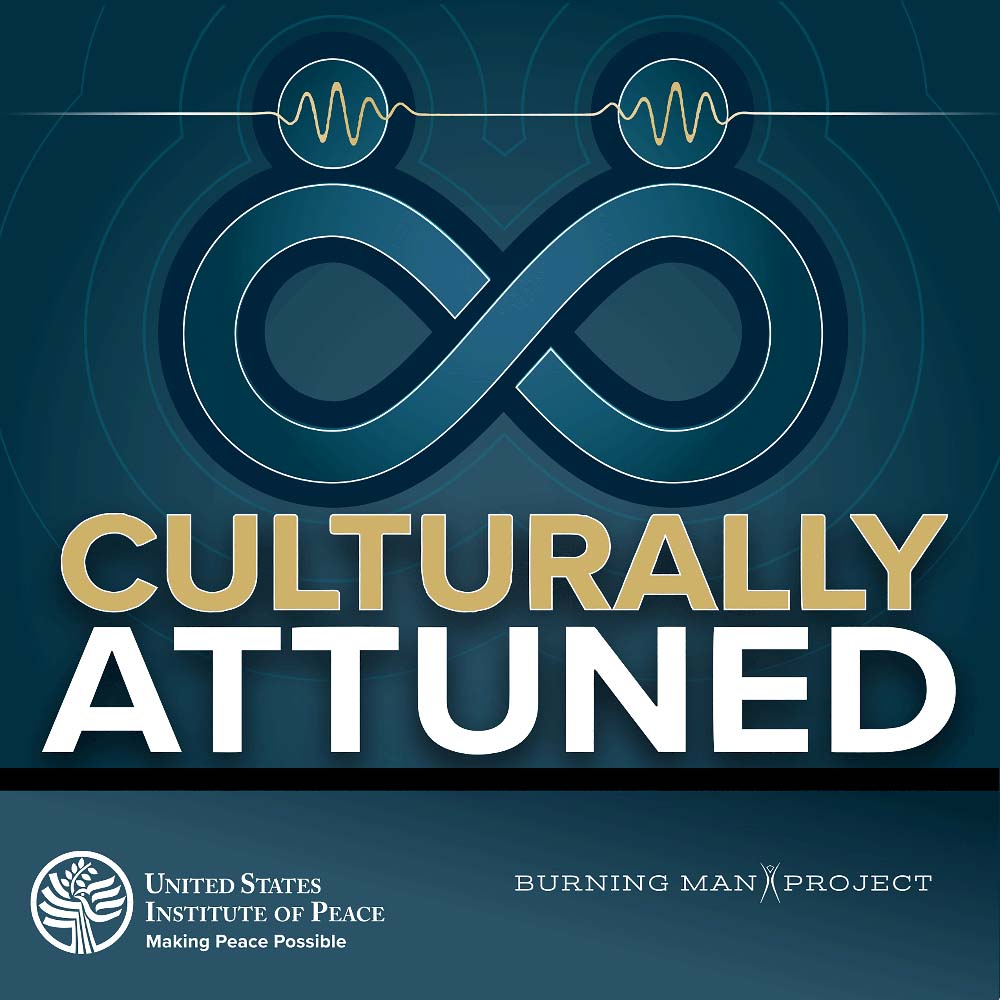Roman Haferd went to a good law school and he works for the Washington, D.C. prosecutor’s office. Yet his work on behalf of justice is not as a lawyer. Rather than writing briefs or taking cases to trial, Roman heads a team of facilitators who seek “restorative justice.” Their work builds connections between perpetrators and victims, facilitating dialogues that aim to find justice in the heart, not in the courtroom. At its core, restorative justice attempts to break the cycle of crime and punishment.
For more, please visit: https://www.usip.org/culturally-attuned

The human brain is hardwired to constantly scan for cues that signal safety, trustworthiness, and social desirability among others. As we work among people...

Working across cultural divides makes it all the more critical that we avoid prescribing solutions to problems, and instead elicit them from those we’re...

In this final episode of Culturally Attuned we travel around the world to hear stories from five seasoned practitioners on how to work and...